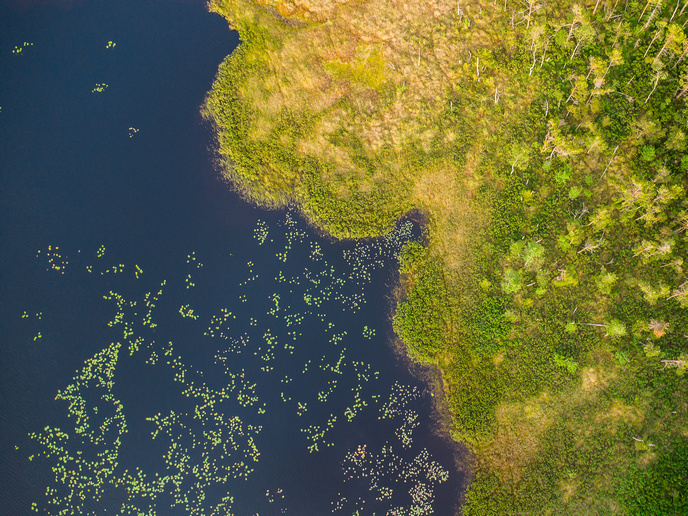How plankton fits into climate change
Marine ecosystems support a number of economically critical resources, and scientists are working on predicting the effects of climate change on these environments. The EU-funded project, 'Spatially-implicit modelling of plankton ecosystems' (SIMPLE), modelled the effects of different plankton concentrations in different locations. This helped assess the impact of plankton spatial variability on the levels of carbon and nutrients in marine ecosystems. Project members found that low-resolution models like those used for Intergovernmental Panel on Climate Change (IPCC) simulations, often make poor predictions of marine ecosystem fluxes. This is because they do not take ocean weather into account. High-resolution systems can, however, be quite expensive. The researchers therefore assessed how well spatial variability effects could be predicted by a particular mathematical modelling approach. In order to match their model to observational data from the Bermuda Atlantic time series (BATS), the team collaborated with BATS on a statistical study. They discovered that carbon biomass could be accurately inferred from the measurement of variables like pigment and irradiance using transform-linear multiple regression models. This allowed the researchers to use raw data from 2004 to 2012 to reconstruct the biomass measurements from 1989 to 2012. SIMPLE findings should be of interest to climate modellers and policymakers who currently rely on low-resolution models to address climate-related questions. These include issues like carbon absorption by the ocean or how climate change influences plankton abundance, and hence fishery productivities.







